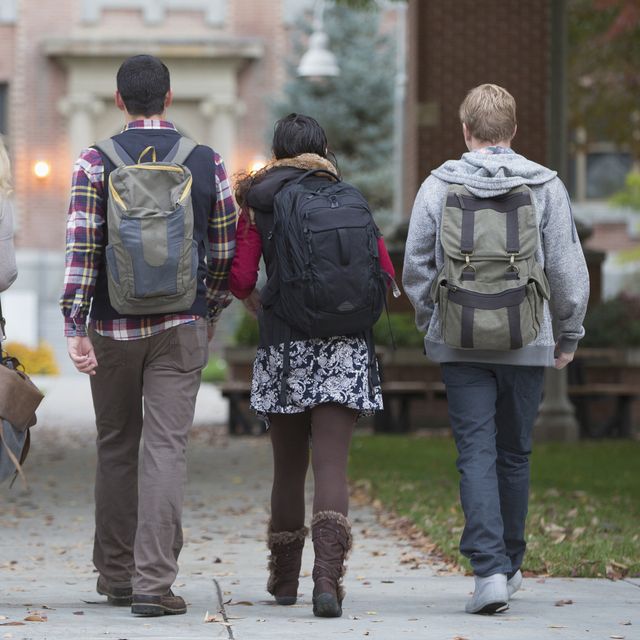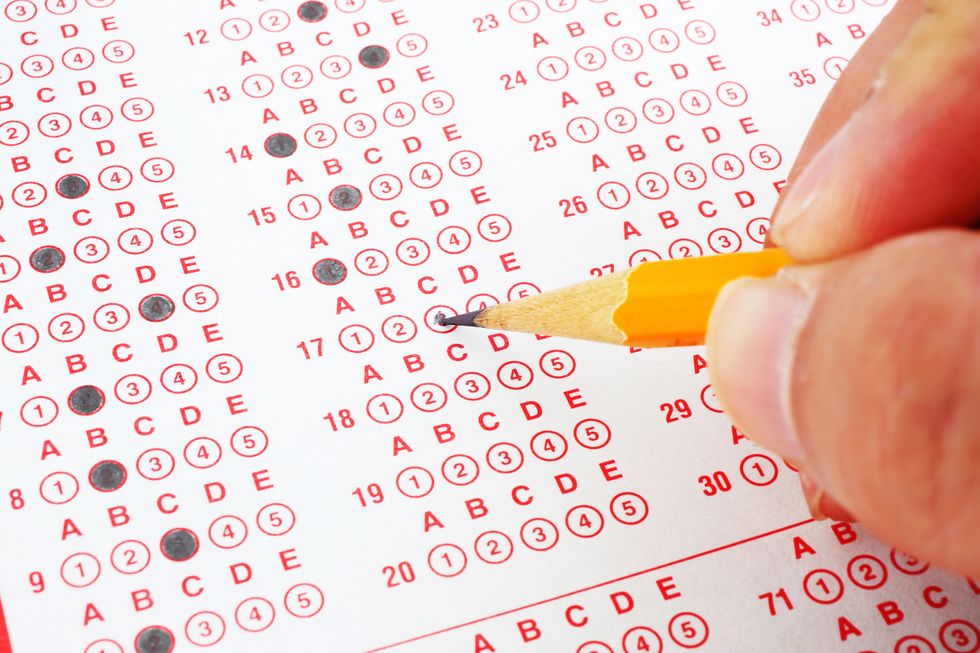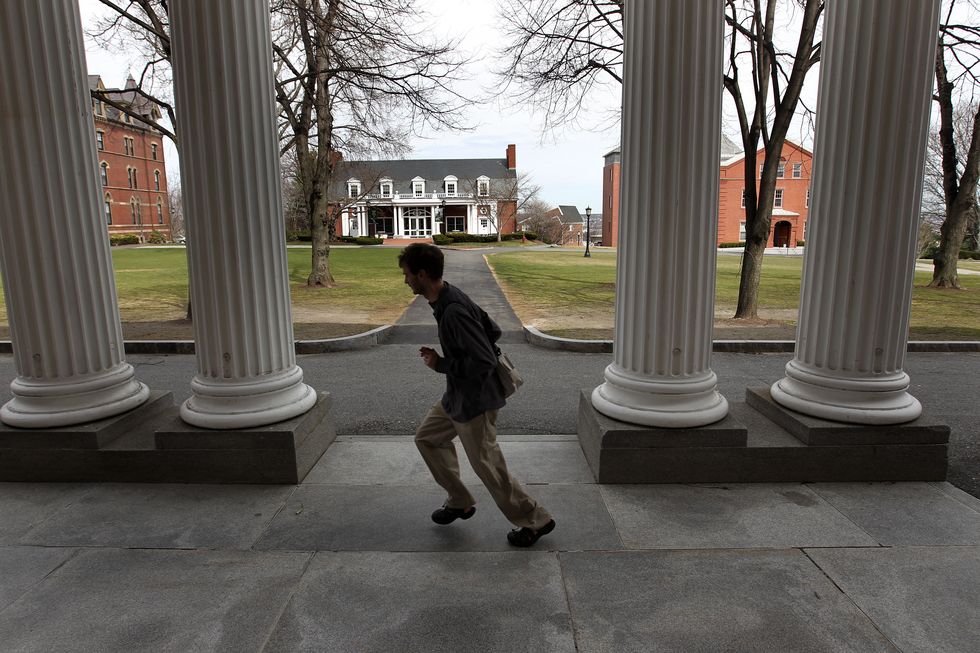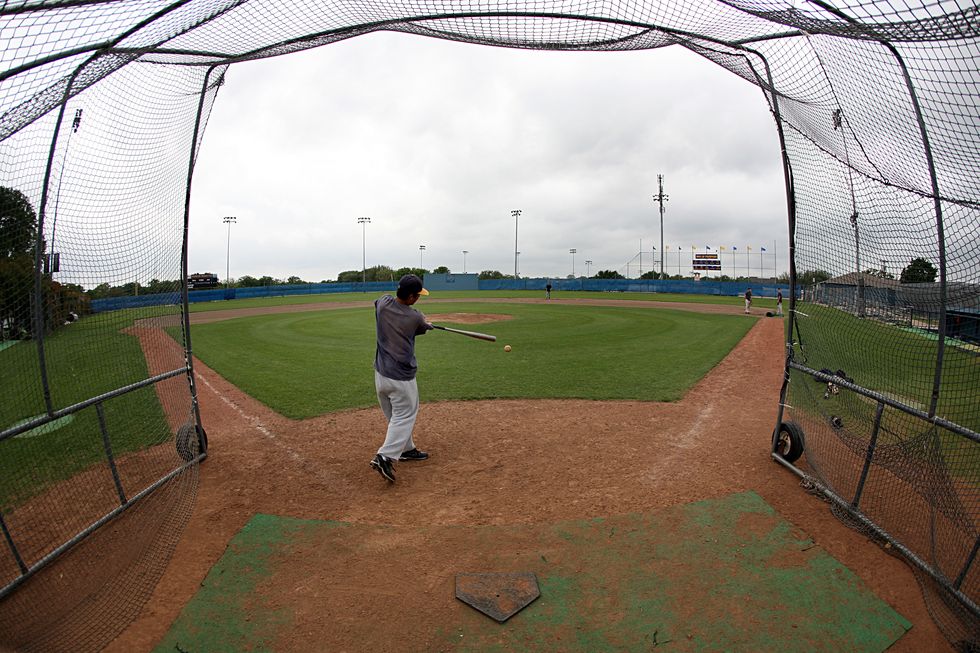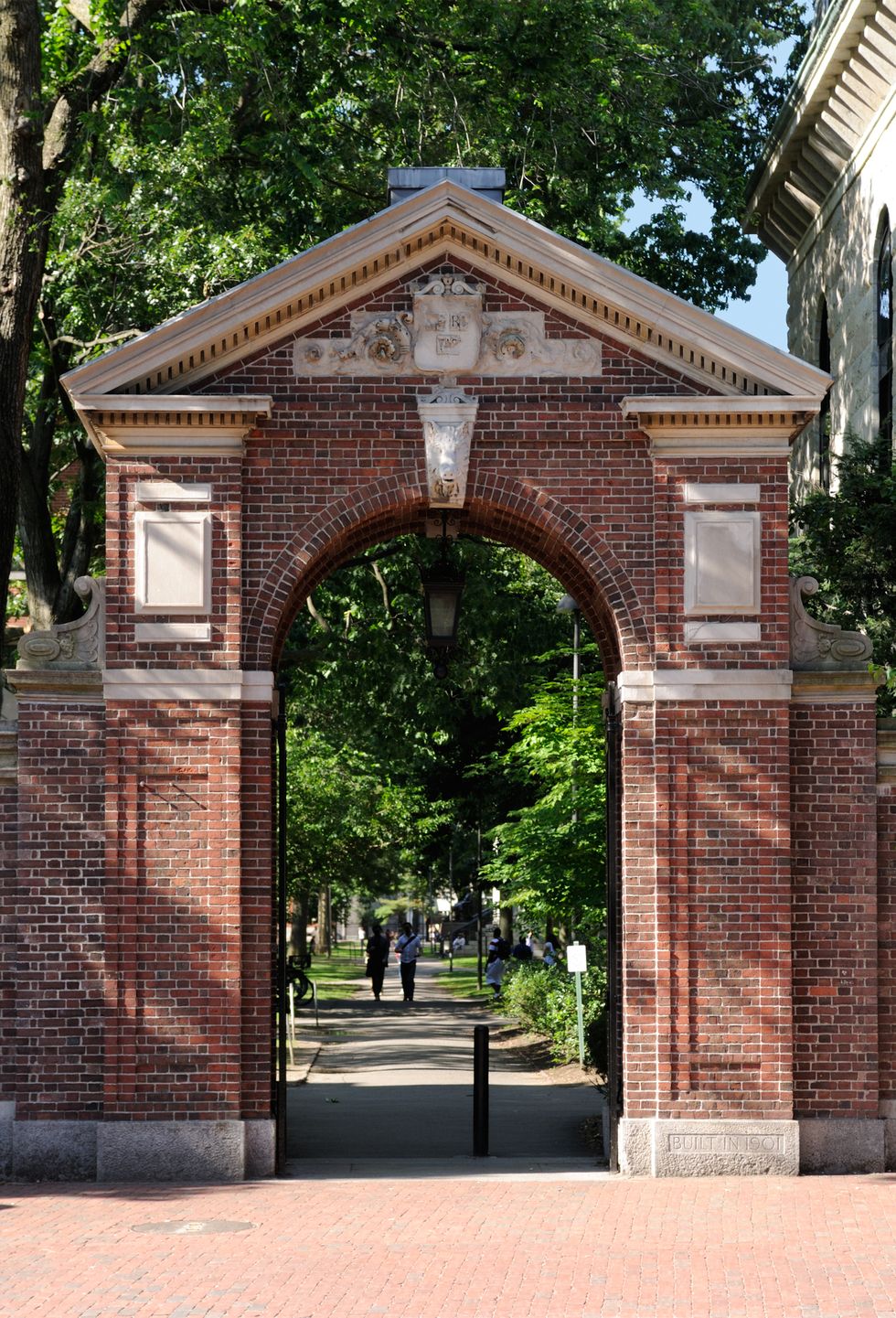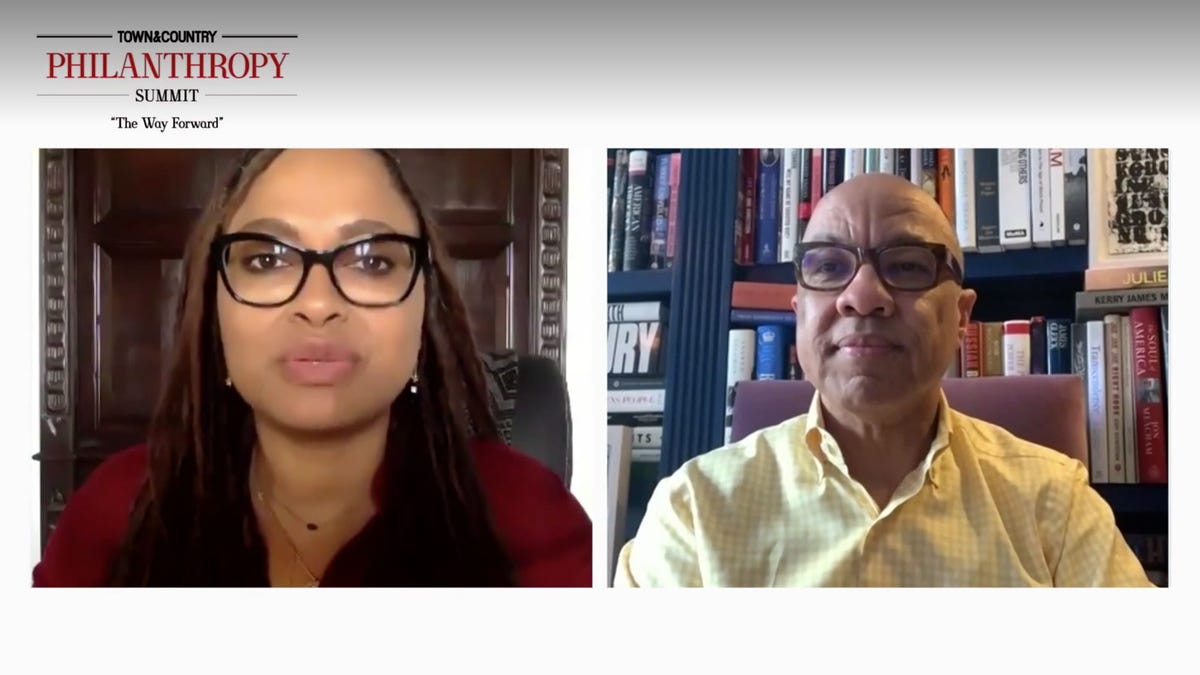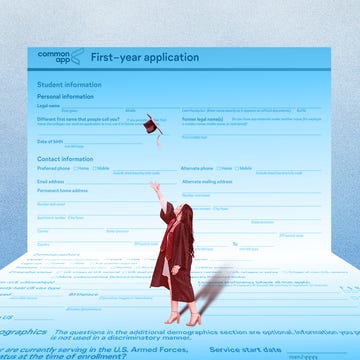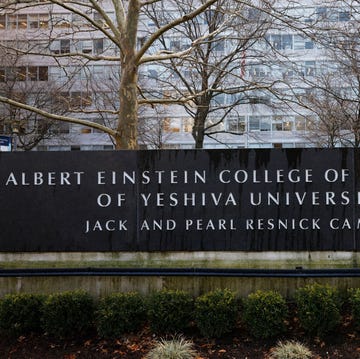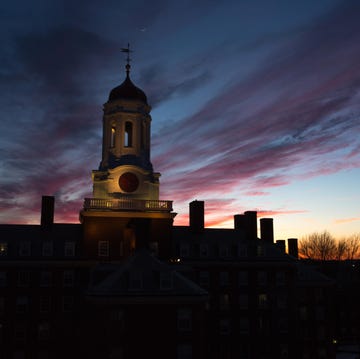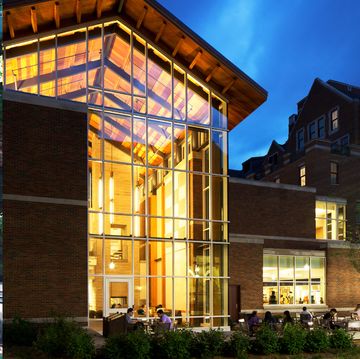Spring is ordinarily one of the busiest times of year for college-bound high schoolers. Juniors are taking standardized tests, completing spring projects, and planning summer activities. Seniors are poring over offers and visiting schools where they were accepted. But campus closures and coronavirus-related restrictions have thrown the already fraught process into disarray.
While students and colleges scramble to adjust to the new circumstances, college admission coaches have been rewriting their playbooks. Here’s what students and their parents can learn from their advice on how to adapt to the new normal.
Accepted Students
What’s Happened So Far
Colleges and universities have cancelled their annual accepted student days, celebratory events held in April where accepted high school seniors are invited to campus to meet faculty and matriculated students and to explore academic and extracurricular programs. “It’s an important part of the process, both for those who are still on the fence about where they want to attend and for those who have decided and want to get to know their new school better,” says Christine Chu, an advisor at IvyWise, a college admissions consulting firm.
What You Can Do
Reach out to the admissions department and ask if they’re hosting video conferences or tours, says Chu. “If you have a specific question about a program or department, ask if you can speak or email with its chair.”
Silver Lining
Dozens of schools have moved the deadline for accepted students to make their commitment and pay a deposit from May 1 to June 1. On a practical level, this gives seniors more time to decide where they want to go (and to hear back back from schools at which they’ve been waitlisted). But it also presents an opportunity. “Colleges have made their financial offers but most will consider individual requests, especially if a family’s circumstances have changed,” said Chu.
The Tests
What’s Happened So Far
Last month, the testing giant College Board cancelled the May 2nd SAT and SAT Subject Test administration as well as the March 28th make-up for the postponed March 14th exam. New dates have not yet been announced. AP exams are still scheduled for the beginning of May but those dates may change. American College Testing’s ACT exams have been rescheduled from April 4 to June 13.
Silver Lining
Many schools, including Boston University, Tufts, and University of Texas, have announced that they will drop requirements for SAT and ACTs during the next few application cycles due to test cancellations and other disruptions.
What You Can Do
Take the test as soon as you can—even if schools say they won't require them. “I know this will disappoint some students, but we think you should go ahead with plans to take SATs and ACTs, provided you can do so safely,” says Chu. “Over 1,000 schools were already ‘test optional,’ but it’s telling that almost all of them will consider scores as part of the application. Submitting scores is still an important part of a good application package.”
Visiting Colleges
What’s Happened So Far
Colleges started closing their campuses in March and cancelling the tours that many high school juniors had scheduled during their spring breaks. Make-up dates have not been scheduled
What You Can Do
“Schools are scrambling to come up with alternative ways to showcase their campuses and programs and you should check in with admission departments regularly to see what they have developed,” says Chu. Going on virtual tours and participating in video conferences, she says, “shows admission officers that you’re a serious applicant, and, just as important, will hopefully help you decide if a school is a good fit.”
Silver Lining
As countless parents of high school juniors can attest, the college campus tour routine is exhausting and not always particularly illuminating. Having schools rethink the process may lead to some big improvements.
The Extracurriculars
What’s Happened So Far
One of the biggest disappointments for high school students has been the cancellations of extracurricular activities. From spring athletic seasons and championships, to science fairs (including the prestigious International Science and Engineering Fair,), recitals, plays, and art shows. “It's heartbreaking for students who have been practicing and preparing all year,” said Chu. “But it’s more than that—these activities offer a way for students to distinguish themselves.”
What You Can Do
“We’re reassuring our clients that people who work in admissions departments know how difficult things are for families right now,” said Chu. “They’ll keep it in mind that you can’t do your regular extracurricular activities but they’ll also be looking to see how you adapt. Our advice is to try to find new ways to pursue things you’re already passionate about. Start work on a major painting, write a scene for a play or a proof for an equation. Show how you take initiative and are creative.”
The Silver Lining
College recruiters may be forced to find new ways to discover talent: One example, college athletic coaches who have been forbidden by the NCAA to conduct in-person recruiting until April 15, have had to resort to watching tapes of old games and to reaching out to players via social media.
Summer Plans
What’s Happened So Far
Internships, summer courses, volunteer programs—they’re all up in the air right now.
What You Can Do
First, don’t give up hope. “Even if something is cancelled, the organizer may offer an alternative,” said Chu. Google, for example, announced it would go forward with its coveted summer internship program for college students, but that interns would work from home via a virtual format. Second, if your summer activity is cancelled, try to do something on your own that somehow relates to what you had planned. “If your passion is helping others, see if there’s a way you and your friends can assist a local food bank,” said Chu. If it’s an academic subject, enlist a friend and try an open source college course. “Admissions departments try to predict how a student will fit into their school community,” said Chu. “This is a good time to demonstrate the creative ways—even if they’re smaller in scale—-that you engage with your own community and with your passions.”
Silver Lining
Everyone is in the same boat. Students who do not have the connections or means to land an internship or participate in an unpaid volunteer program now face a somewhat leveled playing field.
Bonus Silver Lining
Colleges began releasing their 2020 acceptance rates at the end of March and for the first time in years, some have actually gotten higher. Harvard University, for example, accepted 4.92 percent of applicants, up from 4.5 percent the year before. Other schools have seen steeper rises. One reason for the change may be the decrease in applications from foreign students—especially those from China, who began applying in fewer numbers long before the coronavirus outbreak. Another may be the closer scrutiny and regulation of colleges’ admission practices after the Varsity Blues scandal.
